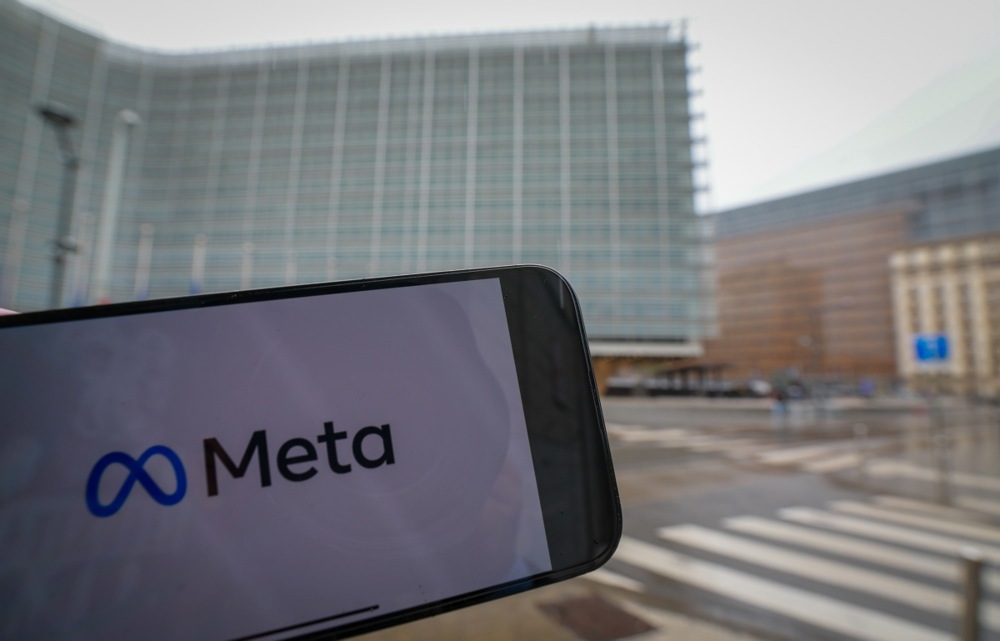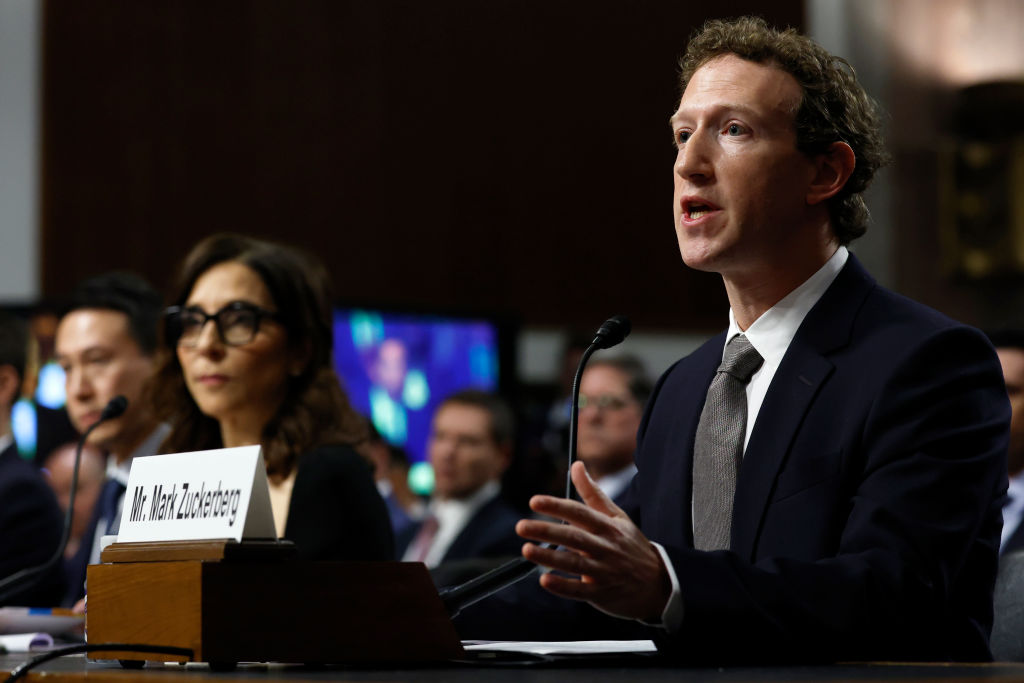The European Commission has suffered a major defeat in court over its plans to make large tech platforms pay it to enforce the Digital Services Act.
Meta and ByteDance’s TikTok took the European Commission to court after it presented them with a “supervisory fee” equal to 0.05 per cent of their yearly global net income. The bill was to cover the EU executive’s expenses in monitoring their compliance with the Digital Services Act.
The Digital Services Act (DSA) gives the European Commission oversight of very large online platforms and search engines—ones with more than 45 million EU users a year. To fund this oversight, the Commission has said it will charge these providers an annual fee, based on their average monthly users.
The Commission adopted rules saying how it would set these fees on 2 March 2023. The next month, on 25 April, it classified Facebook, Instagram, and TikTok as very large platforms. That November, it finalised the 2023 fees for each.
In two decisions 10 September, the Court of Justice of the EU determined the Commission’s supervisory fees on Facebook, Instagram, and TikTok were void for procedural grounds.
To set the 2023 fees, the Commission decided to calculate each platform’s average monthly users using a methodology based on third-party data it attached to each decision.
However, the Court ruled that this methodology for calculating fees should have been established through a delegated act–a process which involves the European Parliament and Council.
The judges said it was incorrect for the European Commission to determine the fees using implementing decisions it devised on its own authority alone.
While the Court found no error in requiring the companies to pay the 2023 fees, it annulled the 2023 decisions to allow the Commission time to correct the methodology and issue new decisions that would comply with the correct process.
So the technology firms did not quite succeed in dodging the supervision fees altogether. “The court has not, by contrast, found that there was an error affecting the obligation in itself for the applicant to pay the supervisory fee for 2023,” the judges said.
This interim measure lasts for at most 12 months from when the 10 September judgments become final.
Meta calculates that it will be asked to pay €11 million in supervisory fees for 2024.
TikTok welcomed the ruling, saying in a statement, “we’ll closely follow the development of the delegated act.”
“The General Court’s ruling only requires a formal correction of the procedure,” the Commission told media.
“We now have twelve months to adopt a delegated act to formalise the calculation of fees and adapt new implementation decisions. The companies concerned must pay the supervisory fee for 2023,” it added.





